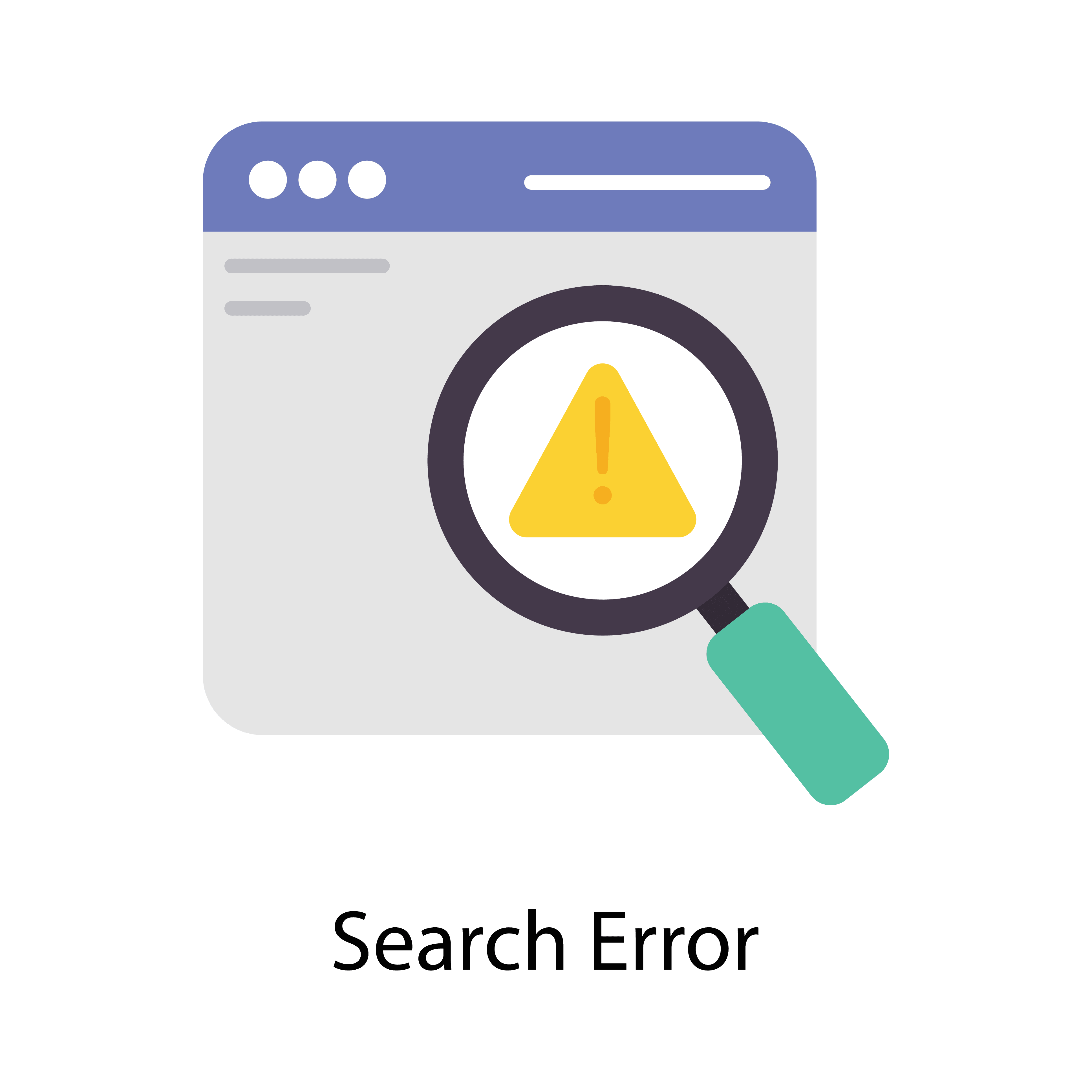What Happens to Your Online Reputation After You Sell Your Business?

Selling a business is a major milestone, but what happens to its online reputation after the deal is finalized? Many business owners focus on financials, legalities, and operations during a sale, but neglecting online reputation management can have long-term consequences.
A business’s online reputation is built on online reviews, social media accounts, consumer sentiment, and public relations efforts. If mishandled, a transition can lead to negative comments, loss of customer trust, and damaged credibility. On the other hand, managing your online reputation effectively during a sale can protect your brand, maintain positive consumer sentiment, and ensure business continuity.
Why Online Reputation Matters in a Business Sale
Online reputation affects everything—from sales and new customers to visibility on search engines. When consumers research a business, they turn to Google, Facebook, and other online channels to read reviews, feedback, and discussions.
A great reputation builds trust, while negative reviews and poor public relations can make new customers hesitant to make a purchase. If a business changes hands and its reputation isn’t properly managed, it can lose credibility, affecting customer retention and growth.
Key Factors That Affect a Business’s Online Reputation
- Online Reviews – Customer reviews on Google, Yelp, and Facebook directly influence purchase decisions.
- Social Media Accounts – Platforms like Instagram and LinkedIn shape brand perception.
- Consumer Sentiment – The way people speak about your brand online determines trust and engagement.
- Competitor Activity – Competitors may try to take advantage of reputation shifts during an ownership transition.
- Brand Advocacy – Loyal customers and employees can play a major role in protecting a brand’s credibility.
How Selling Your Business Affects Its Online Reputation
When a company changes ownership, its online reputation is at risk. Without proper management, businesses can experience:
1. A Drop in Positive Reviews
New management may implement changes that affect customer satisfaction. If customers notice a decline in service or product quality, they may leave negative reviews that hurt credibility.
Top Tip: Before selling, encourage satisfied customers to leave positive comments on Google, Facebook, and Yelp. This helps balance any future reputation shifts.
2. Customer Concerns About the Transition
Customers may feel uncertain about how the sale affects their experience. They may ask:
- Will the quality remain the same?
- Will pricing or services change?
- Can I still contact the business for support?
Best Way to Manage: Keep an open line of communication via social media accounts, email, and online channels to reassure customers and address concerns.
3. Loss of Online Control
Once a business is sold, the former owner loses direct control over how the new management handles reviews, customer feedback, and social media content.
Example: If the new owner does not respond to customer concerns or lets negative reviews go unanswered, consumer sentiment may decline.
Best Way to Prevent Issues:
- Ensure a smooth transition by training new owners on reputation management.
- Set up guidelines for responding to online reviews and managing customer feedback.
Top Tips for Maintaining Your Online Reputation After Selling
1. Communicate Changes Clearly
Let customers, partners, and stakeholders know about the sale in a professional and transparent way.
- Use email marketing, social media platforms, and online press releases to announce the transition.
- Emphasize that the business is in good hands and that customers will still receive a great experience.
2. Encourage Brand Advocacy
Your most loyal customers and employees can help maintain a strong brand reputation.
- Ask satisfied customers to leave positive reviews and share personal experiences.
- Engage with brand advocates on Facebook, LinkedIn, and industry forums.
3. Monitor Online Channels for Reputation Issues
After selling a business, track how the new management is handling its reputation.
- Use Google Alerts, review monitoring tools, and social media tracking to stay updated.
- If you notice negative comments or concerns, provide the new owner with valuable insights on how to manage them.
4. Set Reputation Management Expectations with the New Owner
One of the best ways to protect a business’s online reputation is to have a conversation with the buyer before finalizing the sale.
- Discuss how to manage reviews, social media accounts, and customer feedback.
- Provide a transition guide to help them protect brand credibility.
5. Protect Your Personal Online Reputation
If you are well-known as the face of the brand, your personal online reputation may still be linked to the company even after you sell it.
- Update your LinkedIn and other professional profiles to reflect your new role.
- Monitor people search results to ensure your name isn’t attached to negative discussions.
- Consider starting a new venture or personal brand to separate your name from the business.
What Happens If You Neglect Your Online Reputation After Selling?
Failing to manage your business’s online reputation post-sale can lead to:
- Loss of credibility – Customers may lose trust if they feel abandoned.
- Declining sales – A damaged reputation can drive customers to competitors.
- Personal brand issues – If your name is tied to the business, negative feedback may impact future ventures.
Best Way to Prevent This: Take proactive steps to protect the brand’s reputation before, during, and after the sale.
Final Thoughts: Protecting Your Online Reputation During a Business Sale
A business sale doesn’t have to mean losing control of your brand’s online reputation. With careful planning, communication, and customer engagement, you can ensure that your legacy remains strong and credibility intact.



